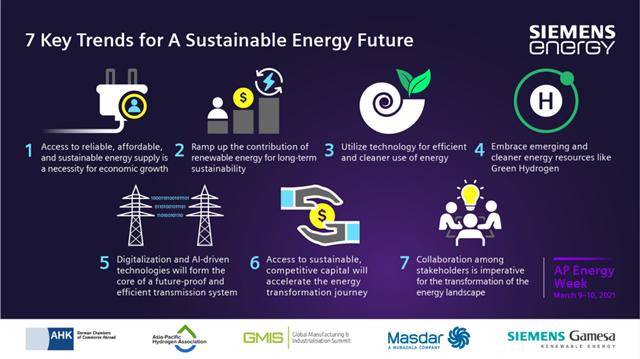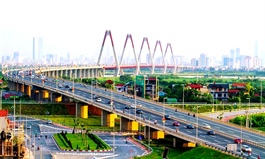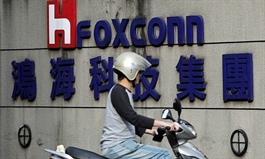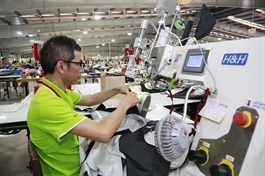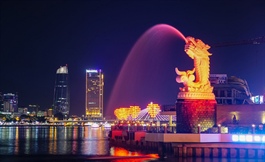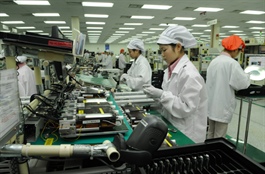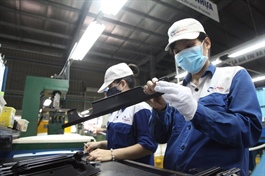Asia-Pacific energy leaders identify key trends for sustainable energy future
Asia-Pacific energy leaders identify key trends for sustainable energy future
Regional and global business leaders, policy-makers, and government representatives in the energy sector convened at the Asia-Pacific Energy Week to discuss regional challenges and opportunities.
Themed "Shaping the Energy of Tomorrow", the two-day virtual event on March 9-10 saw more than 2,500 participants actively engage in the discussions, opinion polls, and questions.
The primary objective focused on fostering an ecosystem of collaboration and co-creation between stakeholders to help meet the world’s sustainability goals, boost economic growth, create new jobs and industries, improve human welfare, and attain carbon neutrality by 2050.
Over the two days, the thought leaders in diverse panel sessions deliberated and arrived at seven key trends for a successful transition towards a sustainable energy future.
|
“As the world’s fastest-growing economic region today, the Asia-Pacific is witnessing increasing urbanisation, rising population, and monumental energy needs,” said Christian Bruch, president and CEO of Siemens Energy. “With the Asia-Pacific accounting for more than half of global energy consumption, and with 10 per cent of the population still lacking access to basic electricity, the question is how to bridge into an affordable, reliable, and sustainable power supply, while improving energy access.”
According to Jochen Eickholt, member of the Executive Board, Siemens Energy AG, the Asia-Pacific is not only the fastest-growing region but also the fastest transforming market.
“With more than 50 per cent of our portfolio based on decarbonised technology and over 20 per cent revenue generated from the Asia-Pacific, Siemens Energy has been and will be committed to supporting countries on their individual paths toward decarbonisation. We drive the shift from nuclear and coal to gas and provide grid technologies to support the integration of renewables,” Eickholt noted.
| To accelerate the energy transition, all stakeholders must join forces and work towards the transformation. |
With prices of renewables declining and with grid stabilisation technology advancing, ramping up the contribution of renewable sources makes economic sense and will also drive long-term sustainability for the region.
Governments can contribute with policies and regulations driving this change, and the industry could translate emerging business strategies into practical busines models, develop reliable projects, and drive technological innovations. To accelerate the energy transition, all stakeholders must join forces and work towards the transformation.
Audience engagement also revealed some vital insights on energy transition. Along with this, more than 45 per cent of the participants indicated that cost was a major hurdle followed by willingness for energy transition at nearly 25 per cent.
Over 66 per cent of the participants identified renewable integration as the most impactful decarbonisation element, whereas 48 per cent voted that a breakthrough in energy storage will accelerate energy transition.
Some 75 per cent of participants would be willing to pay a premium for CO2 free energy, and most believe policy and regulation would be the key motivator.
The event was organised in collaboration with the German Chambers of Commerce Abroad (AHK); the Asia-Pacific Hydrogen Association; the Global Manufacturing and Industrialization Summit (GMIS); Masdar – a global leader in renewable energy and sustainable urban development which is wholly-owned by the Abu Dhabi government’s Mubadala Investment Company, and Siemens Gamesa.


